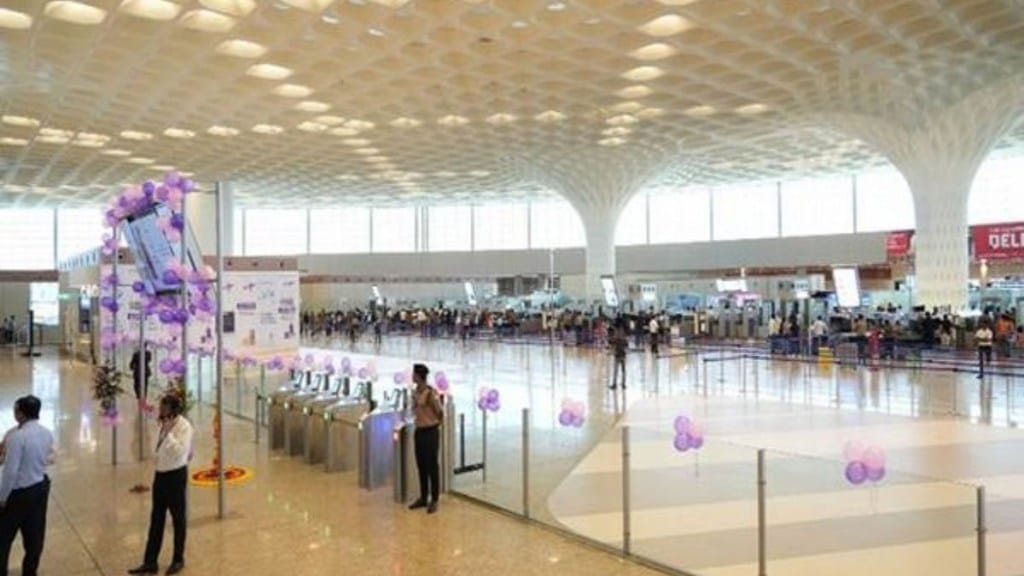With the gradual easing of travel restrictions post-pandemic, airports worldwide have experienced a surge in air traffic, and Mumbai Airport, one of the busiest in the country, is no exception. The spike in activity has resulted in congestion and excess capacity on its runways, leading to air space congestion, where flights are compelled to hover over the city for extended periods, causing concerns about fuel wastage and operational efficiency.
Fuel wastage and operational delays
Given that an average aircraft consumes 2000kg of fuel per hour, prolonged circling times result in significant fuel wastage, ranging from 1.7 to 2.5 kilolitres of jet fuel, translating to substantial financial implications. This additional cost is likely to be passed on to consumers, with potential repercussions on airport operations, resulting in longer wait times and delays affecting both passengers and airlines.
An analysis conducted by the Airport Authority of India revealed that during the 6 hours of High-Intensity Runway Operations (HIRO), the air traffic permitted per hour was nearly equivalent to the remaining 18 hours of the day. General Aviation and Military Aircraft operations further compounded the issue, leading to persistent congestion during peak hours.
The root causes identified were excessive slot distribution, limited time margins by the airport operator, non-adherence to slots by airlines, and non-scheduled operations during peak hours. Despite Mumbai Airport operating at full capacity, the lack of proactive measures by the airport operator prompted the Ministry of Civil Aviation to intervene.
Air traffic reduction at Mumbai Airport
On January 2, 2024, the Airport Authority of India issued directives to the airport operator through Notice to Air Men (NOTAMs), restricting air traffic movements during HIRO periods from 46 to 44 per hour and non-HIRO periods from 44 to 42 per hour. General aviation aircraft operations during HIRO periods were also curtailed. The move aims to enhance airspace safety, improve operational efficiency, and enhance passenger satisfaction.
Acknowledging the need to strike a balance between the airport operators and airlines, the Government of India has taken this step in the larger public interest. The Ministry of Civil Aviation urges Mumbai International Airport Limited (MIAL) to promptly collaborate with all airlines to ensure compliance with the prescribed restrictions.
The government’s intervention reflects a commitment to maintaining a harmonious balance in the aviation sector, ensuring a positive and efficient travel experience for passengers at Mumbai Airport.

